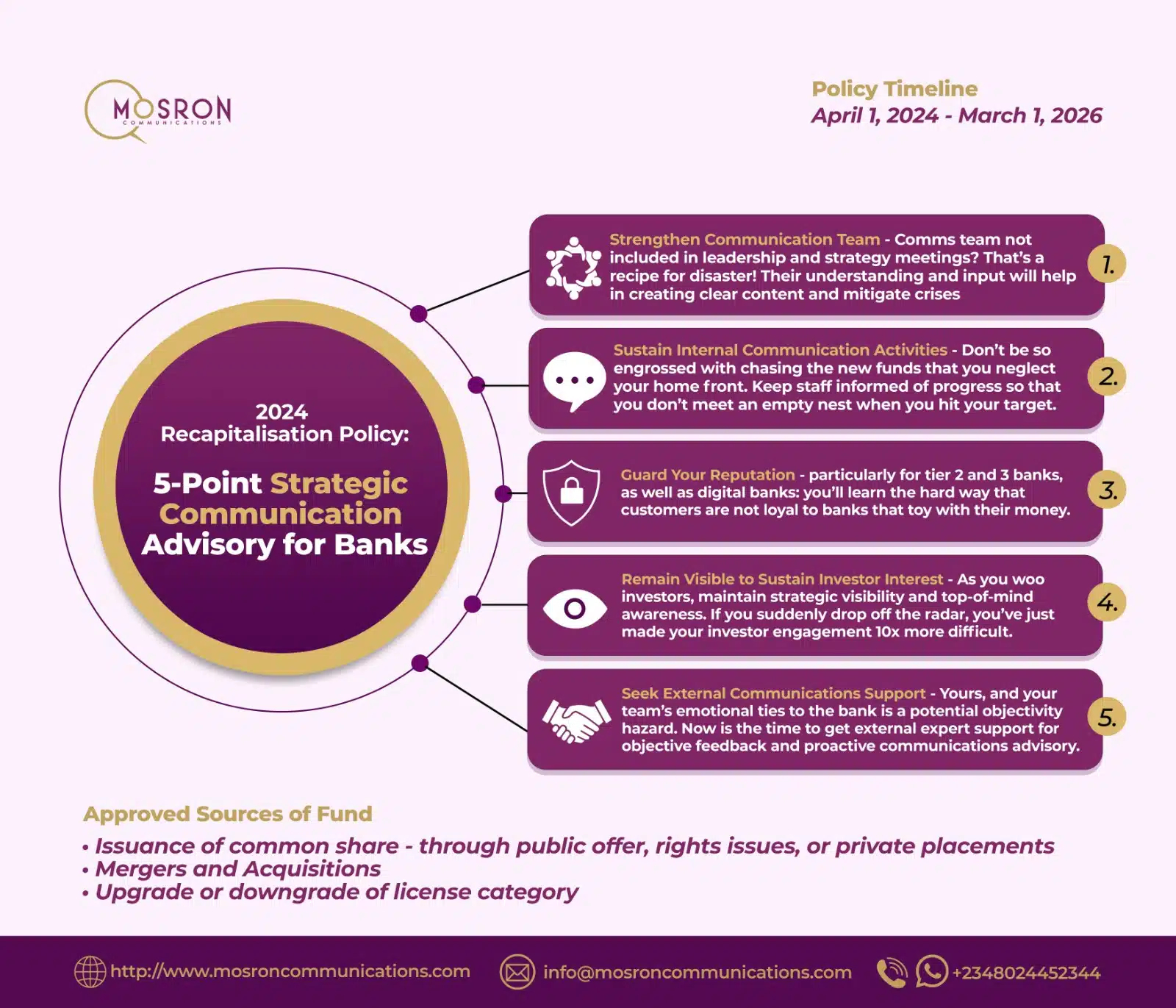- South Africa’s Competition Tribunal has blocked Vodacom’s attempt to acquire a significant stake in Maziv, a subsidiary of Community Investment Ventures Holdings (CIVH).
- Under the proposed deal, Vodacom would hold a 30% to 40% share in Maziv, combining its assets with those of Dark Fibre Africa (DFA) and Vumatel, two of the country’s largest fibre network operators owned by CIVH.
- Following nearly two years of regulatory review, this decision culminated in an extensive 26-day hearing that concluded in September 2024.
Vodacom, which describes the decision as deeply surprising, expressed disappointment. Both the telecom company and Maziv said they are awaiting the Tribunal’s detailed rationale for the ruling and may consider an appeal through the Competition Appeal Court to explore other potential options for moving forward.
The Tribunal’s ruling came after the Competition Commission recommended the deal be prohibited due to potential risks to competition in the telecom sector and, consequently referred the matter to the Competition Tribunal. This was after the Independent Communications Authority of South Africa (ICASA) approved the merger in November 2022.
Vodacom argued that the merger would help bridge South Africa’s digital divide by expanding fibre connectivity in underserved communities.
As part of the deal, Vodacom committed to investing over R10 billion ($565.5 million) in fibre infrastructure, primarily in low-income areas, over five years.
This investment aimed to pass over one million new homes with fibre connections, especially in under-resourced areas. The telecom giant planned to create up to 10,000 jobs, allocate R300 million ($17 million) to small business development, and extend free high-speed internet access to over 600 nearby schools and police stations.
Per the Tribunal, however, the transaction would consolidate Vodacom’s standing as South Africa’s largest mobile operator with a dominant position in the fibre infrastructure market, potentially harming competition.
The ruling followed detailed testimony from several competitors, including MTN, Telkom, and Rain, as well as the Department of Trade, Industry and Competition (DTIC).
Competitors expressed concerns that the merger would disadvantage smaller internet service providers, making it harder for them to compete fairly in the market.
Economic experts, on behalf of the Competition Commission, also presented insights on the merger’s potential impact on market dynamics, supporting the Tribunal’s decision.

Victoria Fakiya – Senior Writer
Techpoint Digest
Stop struggling to find your tech career path
Discover in-demand tech skills and build a standout portfolio in this FREE 5-day email course
The ruling’s implications are substantial for South Africa’s fibre expansion goals. Remgro, which holds a 57% stake in CIVH, indicated that without Vodacom’s financial support, Vumatel’s goal to expand affordable fibre connectivity in South African townships could face prolonged delays.











